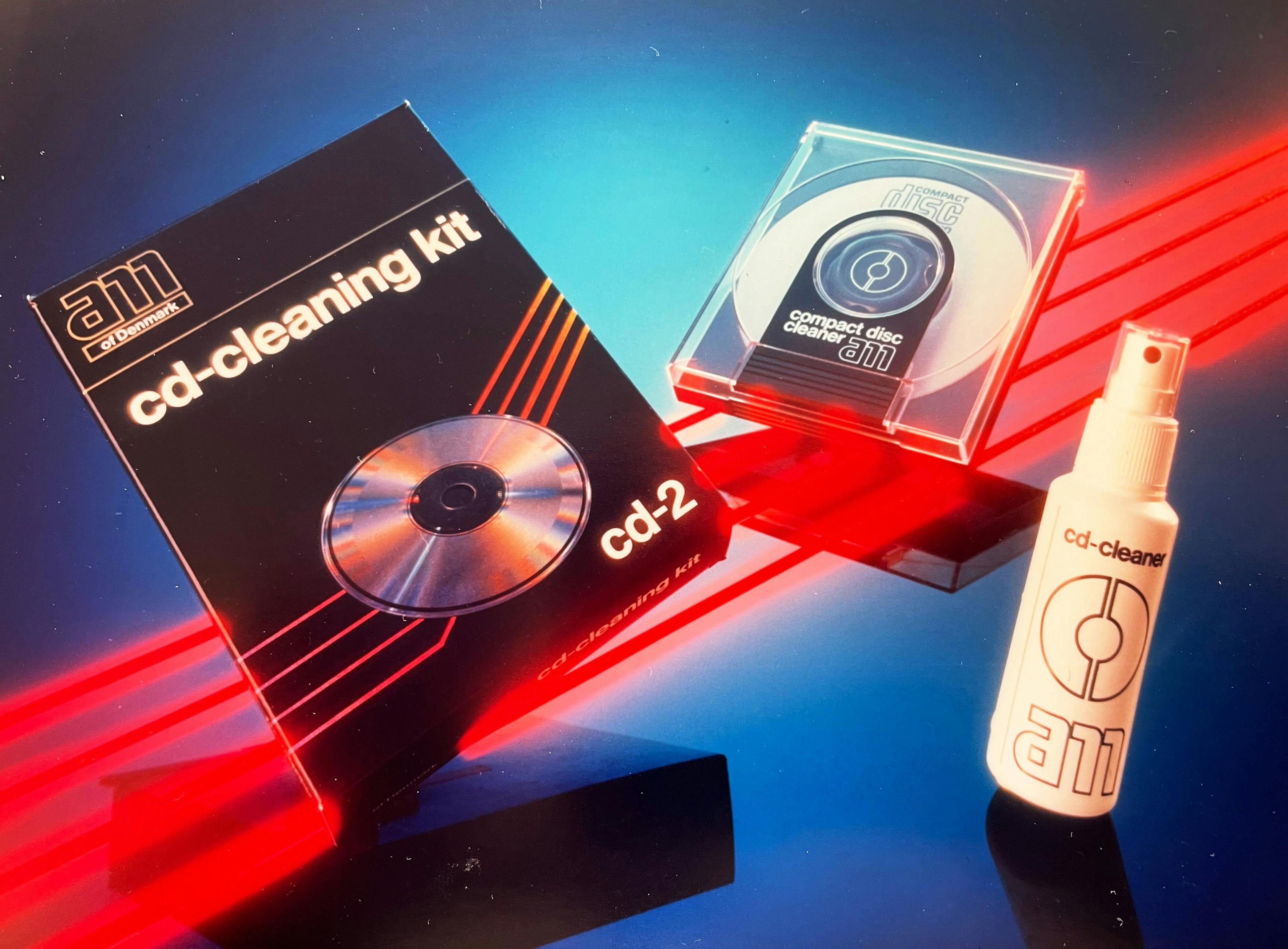Machines Don’t Have Feelings
And, despite the fact that futurist, inventor and engineer Ray Kurzweil has predicted the imminent arrival of a sentient, artificial intelligence, we’re currently at a stage where technology is lifeless, inanimate, dead.
This means that Siri would probably make a crappy date, despite the fact that she sometimes displays an uncanny knack for snark and that your state-of the-art vacuum cleaner won’t heart your Instagram updates even though it effortlessly caresses the nooks and crannies of your living room like a seasoned housewife. Still, that doesn’t mean we can’t treat machines like they have feelings. Which some of us tend to do even when it comes to useless artifacts like broken, ageing record players.
That’s because there’s poetry, emotion and subjectivity in obsolete technology. As William Gibson, the literary God of tech and sci-fi, wrote in a piece for Rolling Stone Magazine way back in 1989:
‘I knew a man whose teen years had been L.A., jazz, the forties. He spoke of afternoons he’d spent, utterly transported, playing 78rpm recordings, “worn down white”, with repeated applications of a sharp steel stylus. That is, the shellac that carried the grooves on these originally black records was plain gone; that man heard that music'.
The love between a man and his ageing machine: slightly perverse yet totally legitimate and ultimately deeply human. So human, in fact, that numerous cultural movements were founded on similar emotions. Where would electronic music, for example, be without a generous helping of machine fetishism?
AM was launched even further back in 1971. Now, let’s for a moment try to fathom the unfathomably complex sequence of events that have occurred in the time spanning from 1971 to today. Imagine what these weathered cleaning products would say if they could speak their mind about all those screens, phones, stereos, radios and record players that fell by the wayside. When it comes to technology, they’ve seen it all. They’ve seen kings, emperors and dictators fall. Witnessed the birth of countless tech utopias, a few Brave New World worlds and possibly even cried clean little tears for the growing irrelevance of millions of casualties that consumer society’s fickle whims lay to waste. Think of them as the Forrest Gump of technology. If Forrest Gump was played by someone like Jack Nicholson instead of Tom Hanks. It was there when contemporary Apple was just a restless stir in Steve Jobs’ loins (and actually provided a screen cleaner for the oldschool Macintosh) and throughout the 70s and 80s, it kept millions of analog music devices the world over fresh, clean and pristine.
Interestingly, as the latest surge of awareness around vinyl and cassettes can attest to, certain technologies never die out completely. They sort just lie dormant in our collective consciousness, waiting for us to get our head out of our asses and rediscover their greatness. Needless to say, that that particular greatness wasn’t lost on our parents.
Once upon a time they would ceremoniously remove the record sleeve and smile, eyes wide with anticipation as they warily touched the thin sides of the record with both hands and carried the precious, shiny piece of vinyl onto its pedestal where it would then rotate into infinity like a spinning little Frisbee of sound.
Of course, if you tried to throw the Steely Dan LP like a Frisbee you would get told off. ‘The record player is tired now. It doesn’t want to play anymore’, they would command with stern eyes as you gawped up at them in your corduroy overalls and understood nothing. Nothing except this: don’t fuck around with dad’s record player.
Which brings us right up to today. At this very moment in time, exceptionally smart and gifted engineers, scientist and other venerable nerds are doing their utmost to make the most amazing gadgets the world has ever seen. Things are moving at an incredible pace and trying to keep up with all that unrelenting innovation can, at times, be a little daunting. Your phone communicates with a satellite that hurtles around the Earth. You have more power crammed into your iPad than what a computer the size of a small house could muster in 1971. Not only do they perform well, they look incredible. Out of this world to the point where you intermittently catch yourself pondering the scientific viability of time travel.
What’s more, you get the feeling that the ideation and production behind these feats of engineering weren’t just motivated by profit. Don’t you think the creators want to make other people feel what they feel? Ultimately, it must be about reaching out to other people. Products that are only in it for the money are on the whole uninspiring and tedious. And this is far from being the case with the new breed of gadgets; they make you want to touch them, interact with them and, let’s face it, have them be near you at all times, so that you can really, truly feel what comes out of them.
The love between humans and their machines: worrying, infantile, twisted. And that’s precisely what makes it utterly and deeply human.
Machines may not have feelings, but they do a pretty good job of making us feel.


